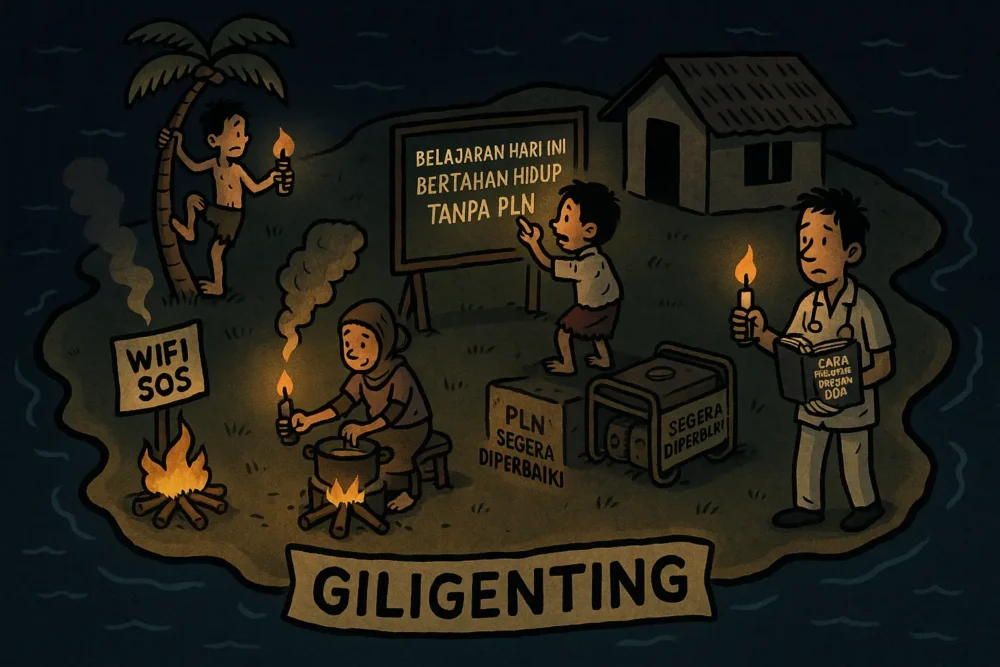Kisanak, Now we will explain how interest rates affect the dynamics of the property market, both from the supply and demand sides, as well as their impact on property buyers, sellers, and investors.
Interest Rates and House Prices: A Complicated Relationship
Interest rates are the costs that borrowers must pay to lenders for the use of money.
Interest rates can fluctuate according to economic conditions, monetary policies, and other factors.
High interest rates mean that the cost of borrowing becomes more expensive, while low interest rates mean that the cost of borrowing becomes cheaper.
Interest rates have a significant influence on house prices because most home buyers use housing loans to finance their purchases.
High interest rates will increase the monthly installments that buyers must pay, thus reducing their purchasing power and interest in buying a house.
Conversely, low interest rates will lower the monthly installments that buyers must pay, thus increasing their purchasing power and interest in buying a house.
However, the relationship between interest rates and house prices is not always straightforward and simple. There are other factors that also affect house prices, such as supply and demand for houses, inflation, economic growth, consumer preferences, geographic characteristics, and others.
Therefore, not all increases or decreases in interest rates will have the same impact on house prices in various regions and market segments.
For example, in 2022-2023, the US Federal Reserve raised interest rates eleven times within a 16-month period to curb high inflation.
As a result, mortgage rates surged, reaching their highest levels in several years.
However, this did not cause house prices to plummet drastically, but rather they increased to reach new records.
This is due to other factors supporting the demand for houses, such as strong economic growth, rising incomes, declining unemployment, limited housing supply, and fiscal stimulus from the government.













